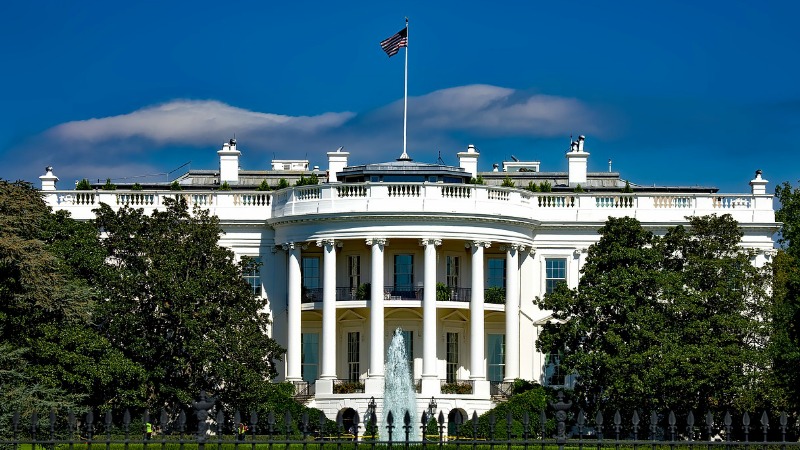Are social conservatives ready for a Mormon President of the United States? Would they vote for a Mormon if he agreed with them on abortion, marriage, stem-cell research, and religious liberty? That’s the question posed by the Wall Street Journal, reporting from this weekend’s Family Research Council summit.
The WSJ notes that Republican Party frontrunner U.S. Sen. John McCain of Arizona declined to attend the FRC event, but that the real question at the summit was which candidate will resonate with the social and cultural Right: Gov. Mike Huckabee of Arkansas, a Southern Baptist minister and former president of the Arkansas Baptist State Convention; U.S. Sen. Sam Brownback of Kansas, a Roman Catholic leader in pro-life and religious liberty causes in the Congress; former House Speaker Newt Gingrich, a Baptist twice divorced and three-times married? The WSJ speculates most particularly about the potential appeal of Massachusetts Gov. Mitt Romney, the candidate the newspaper suggests most surprisingly impressed the FRC attendees.
Romney, of course, is a member of the Church of Jesus Christ of Latter-day Saints. Will evangelicals vote for a Mormon? Will they vote for a really committed Mormon, as Romney seems to be? Would a Romney presidency “mainstream” Mormonism in a way that would be injurious to Christian evangelism and missions? Would the LDS church have an influence over Romney’s decision-making in ways that a previous generation feared (wrongly) that the Vatican would have over a (not very faithful, it turns out) Roman Catholic President John F. Kennedy? These are questions that will be asked over the next year or two, as Americans turn their attention to the 2008 election. Some of these questions don’t have easy, or readily apparent, answers.
What is readily apparent is that the Mormon question will have to be addressed in the minds of voters. Of Romney, the WSJ concludes:
“He is perhaps the only candidate who can plausibly claim a base in several states. He has a contributor base in Massachusetts; a large reservoir of political goodwill in Michigan, where he was born and his father served as governor in the 1960s; and the loyalty of many Mormons in Utah and neighboring states. He has a built-in corps of volunteers and contributors in any state where Mormons, the fastest-growing religion in America, have a real presence.
“And then there is the charisma and poise that Mr. Romney seems to exude naturally. ‘Many people say he certainly looks like a president–sort of a cross between Ronald Reagan and John F. Kennedy,’ says Genevieve Wood, who founded the conservative Center for a Just Society. Anyone who draws comparisons to those political genes merits further watching.”
Albert Mohler, Phil Roberts, and I recently had a conversation about Romney and Mormonism on Dr. Mohler’s radio program, which you can download here. As you’ll see, we’re not completely sure what the potential of a Mormon President means, if anything, for Christian witness in the United States. We are sure that it’s a question worth asking, sooner rather than later.
At an event in Washington this year, I asked a high-ranking leader in the LDS church, a kind and brilliant man, what he thought of a potential Romney candidacy. He had high praise for Romney and then sighed, “If he runs, we’ll live through what you Southern Baptists went through with Jimmy Carter. The media will be focused on Mormonism day and night, probably in ways that will make Mormonism look strange.”
In that, we can sympathize, to be sure.
But, whatever the political alliances that come and go, we shouldn’t forget that Mormonism is inconsistent with, indeed contrary to, orthodox Christianity. Regardless of the list of candidates for President of the United States, let’s remember our allegiance to a more permanent Kingdom, a Kingdom that is entered not through a voting booth or Temple garments or a proxy baptism, but through the new birth. The most important question is not whether you would vote for a Mormon over Hillary Clinton for President, but whether you will love the Mormons in your neighborhood enough to learn their names, invite them to dinner, and share with them the only gospel that truly saves.






